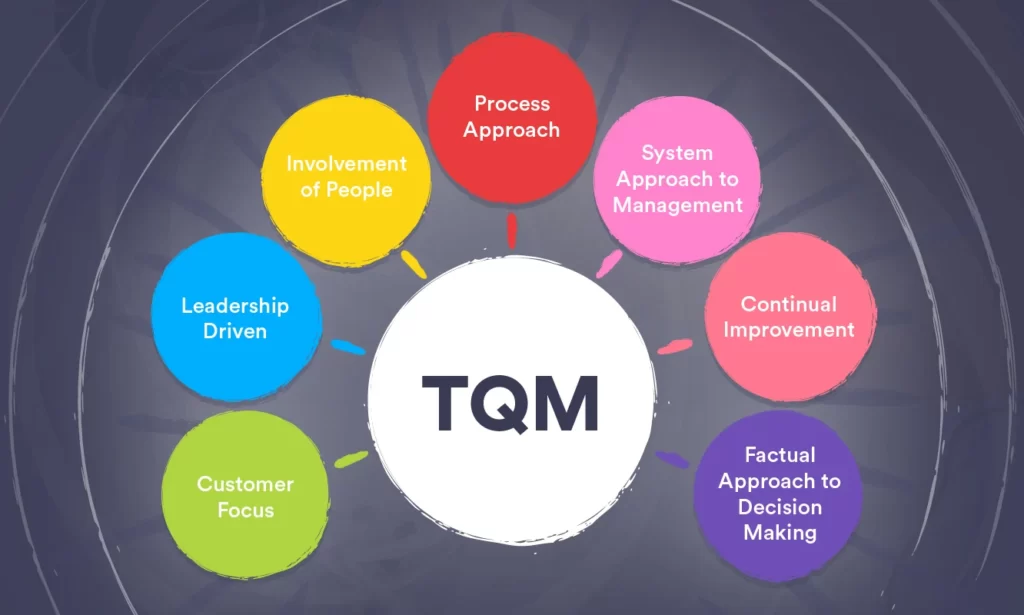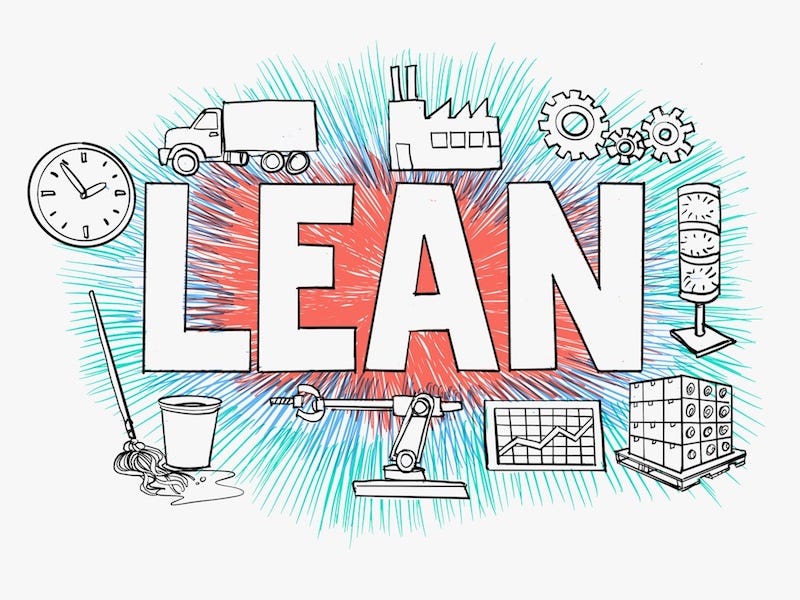Kai Zen Philosophy
Introduction

Kaizen is a Japanese term that explains to “change for better” or “continuous improvement”. It is a philosophy or approach that highlights making small, additional changes over time to achieve improvements in efficiency, productivity, and quality. The concept originated in Japan and gained prominence after World War II when the country was focused on rebuilding its economy. Kaizen has since become a widely adopted principle in various industries and sectors around the world.
The term “Kaizen” itself, derived from Japanese words meaning “change” and “good,” encapsulates the essence of this philosophy – a commitment to continuous improvement. As a guiding principle, Kaizen has found applications not only in manufacturing and business management but also in personal development and broader social contexts.
Origin

The origin of Kaizen can be traced back to Japan’s post-war reconstruction period. Facing the frightening task of rebuilding its economy, the country required a systematic and sustainable approach to improvement. Out of this necessity emerged the concept of Kaizen, emphasizing small, incremental changes over time rather than revolutionary overhauls. The underlying philosophy suggests that consistent, gradual progress can lead to substantial improvements in efficiency, quality, and overall performance.
At the heart of the Kaizen philosophy is the idea of inclusivity. Unlike traditional management models where improvement initiatives often originate from top executives, Kaizen encourages the involvement of all employees in the continuous improvement process. This inclusive approach fosters a sense of ownership and commitment among the workforce. It also taps into the diverse perspectives and expertise of individuals at all levels of the organization, promoting a collaborative and innovative culture.
Essence of Kai Zen

An important element of Kaizen is the concept of ‘Gemba’, a Japanese term meaning the “actual place” or the “real place.” In the business context, Gemba refers to the location where value is created, whether it be a factory floor, an office, or a service environment. The emphasis on Gemba underscores the importance of direct observation and understanding the operational environment. By closely examining the Gemba, organizations can identify inefficiencies, bottlenecks, and opportunities for improvement. This hands-on approach brings into line with Kaizen’s practical, action-oriented focus.
Practical Approach

The Kaizen process typically follows the Plan-Do-Check-Act (PDCA) cycle, a systematic approach that reflects the scientific method. In the planning phase, goals and potential improvements are identified. The implementation phase involves executing the plan on a small scale (Do), followed by evaluating the results (Check). Based on the evaluation, adjustments are made, and the cycle repeats (Act). This iterative approach allows for constant refinement and adaptation, embodying the philosophy’s core tenet of continuous improvement.
TQM

Kaizen’s influence extends beyond the limits of organizational settings and has played a pivotal role in shaping Total Quality Management (TQM), a comprehensive quality management approach. TQM emphasizes customer satisfaction, employee involvement, and continuous improvement – principles that closely align with Kaizen. Japanese companies, notably Toyota, have successfully integrated TQM and Kaizen methodologies into their operations, earning global recognition for their commitment to quality and efficiency.
Global Approach

The adaptability of Kaizen has been a key factor in its global adoption. While rooted in post-war Japan, the philosophy has transcended cultural boundaries, becoming a universally recognized management practice. Many organizations worldwide, regardless of industry or sector, have embraced Kaizen principles to optimize their operations and foster a culture of continuous improvement.
In Business

In the broader context of product and process improvement, Kaizen has left an indelible mark on the landscape. Its principles of continuous improvement, employee involvement, and a focus on practical, incremental steps have positioned it as a timeless and widely adopted approach. Whether applied in manufacturing, service industries, or personal development, Kaizen continues to shape the way individuals and organizations approach improvement, contributing to sustained success and growth.
Personal Development

Beyond the business land, Kaizen has found application in personal development. The philosophy encourages individuals to apply the principles of continuous improvement in their daily lives. By setting small, achievable goals and making incremental changes, individuals can experience personal growth over time. This echoes with the idea that improvement is not a one-time event but an ongoing, lifelong process.
Diverse Fields

Kaizen’s impact is not limited to specific industries or geographical regions. Its universal principles have influenced diverse sectors, ranging from healthcare and education to technology and government. In healthcare, for example, Kaizen principles have been applied to enhance patient care, streamline processes, and improve overall efficiency. In education, institutions have embraced Kaizen to create a culture of continuous improvement, promoting better learning environments for students and educators alike.
Lean Manufacturing

Furthermore, Kaizen has contributed to the development of thin manufacturing practices. The principles of eliminating waste, optimizing processes, and continuous improvement are central to both Kaizen and lean manufacturing. This collaboration has led to the integration of Kaizen principles in lean manufacturing methodologies, creating a complete approach to operational excellence.
Conclusion
In summary, Kaizen represents more than just a management philosophy – it summarizes a complete approach to improvement that extends beyond organizational efficiency. Its principles of continuous improvement, employee involvement, and a focus on practical, incremental steps have made it a timeless and widely adopted approach. Whether applied in manufacturing, service industries, healthcare, education, or personal development, Kaizen continues to shape the way individuals and organizations approach improvement, contributing to continued success and growth on a global scale.
